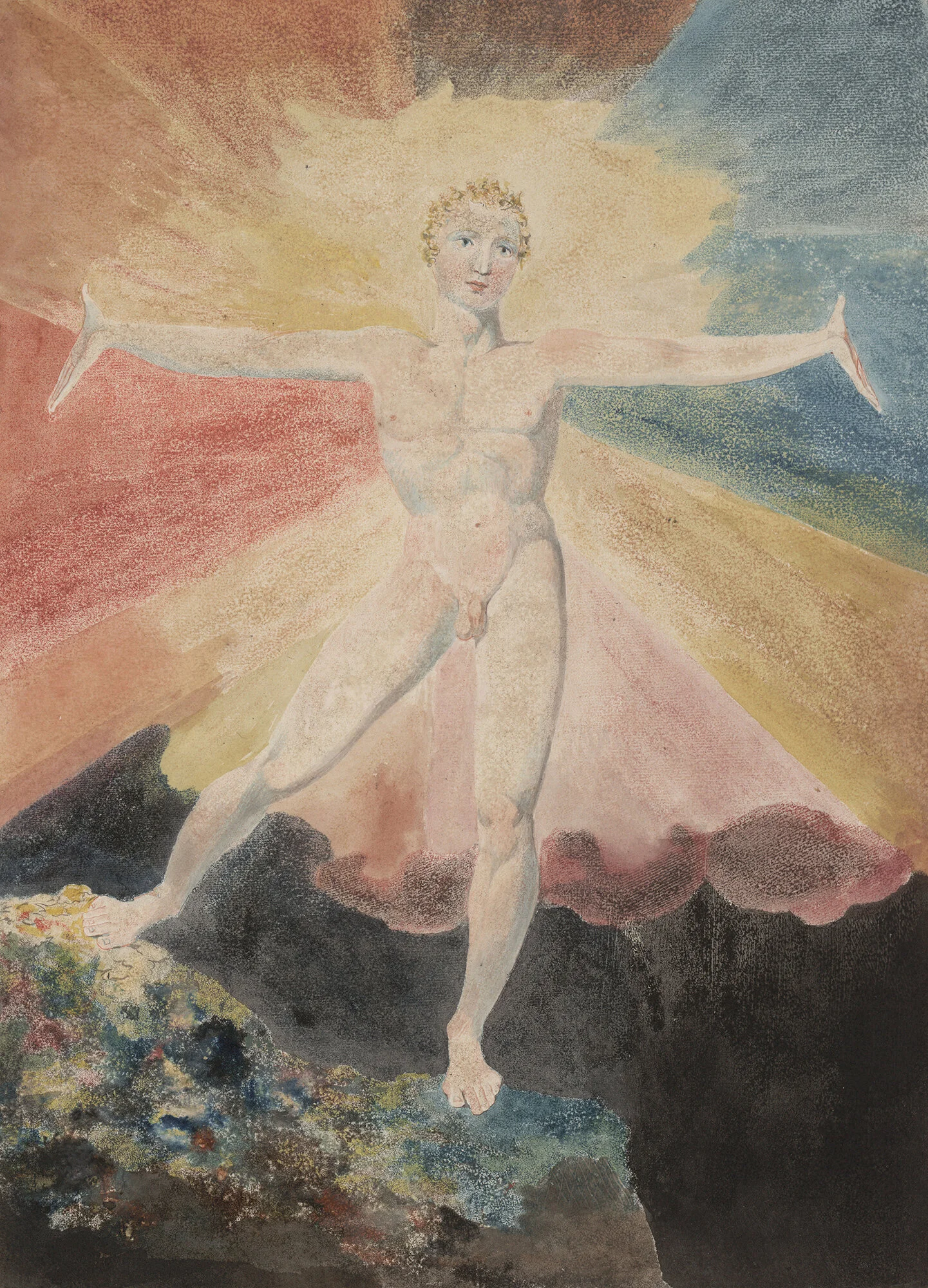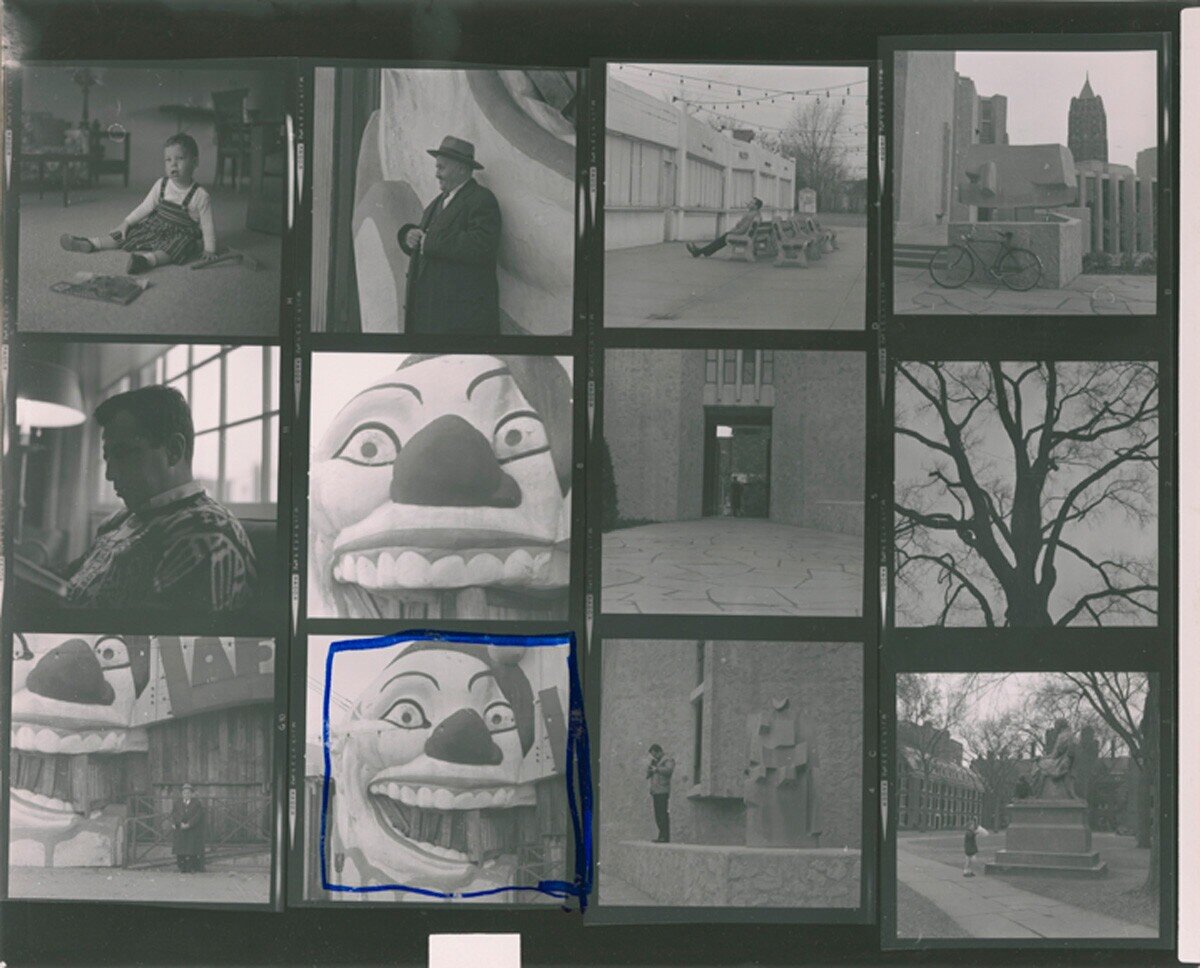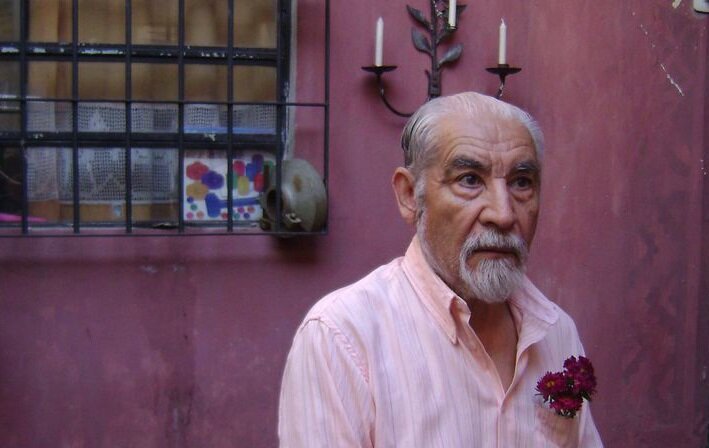On Because of Poetry…
Johnson’s work is distinguishable for its international breadth and for its pugilism.
Though I was often confused about the heated arguments
He has a cause and he has devoted himself to it. I can’t say God bless him but I can say Poets bless him.
“All Because of Poetry”: The Sincerity of Kent Johnson’s Satire
“It sucks being a famous poet. / All your time gets taken up on / the phone or in answering emails / from people looking for a blurb, / and stuff. It’s totally tiresome!”
On Kent Johnson
Echoes from so many sources, augmenting frequencies, ostensibly bitching about insufficient personal rewards — but more fundamentally, questioning the Peter Principle that underlies curatorial commodification.
nude culture
“The visitor wanted to create some very special clothing for the special person, like nobody had ever seen.”
Poetry: Will Alexander
As the partisan of energy as a form of imagination, Will Alexander relentlessly critiques linear conceptions of cause and effect, along with all mechanistic modalities of thought and practice.
Jacek Gutorow // Piotr Florczyk
Selections from Invisible by Jacek Gutorow, translated from the Polish by Piotr Florczyk.
Poetry: Aaron Fagan
Fagan’s poems ask us what kind of attention we pay to the world and if that attention pays off, whether or not the world pays us back with a measure of truth.
Vanguardia // Alex Verdolini
… the most important episode in the history of Nicaraguan poetry was the formation of the Vanguardia group, one of the last of the interwar avant-gardes and the only one to emerge in Central America.
Returning to The Dreamlife of Angels
Art, that great teacher, says to us, like Robert Frost’s most famous lines, “Here are your waters and your watering place. / Drink and be whole again beyond confusion.”
Poetry: John Olson
However outlandish the utterance, however devious the digression, or pained the disclosure, an Olson poem conveys and keeps a somber promise, that words will not fail.
J.C. Bustriazo Ortiz // Michelle Gil-Montero
An astonishing medley of de-centered avant-garde and the late Neolithic, the poems of Bustriazo Ortiz breathe fresh air into the migratory Spanish language.



















